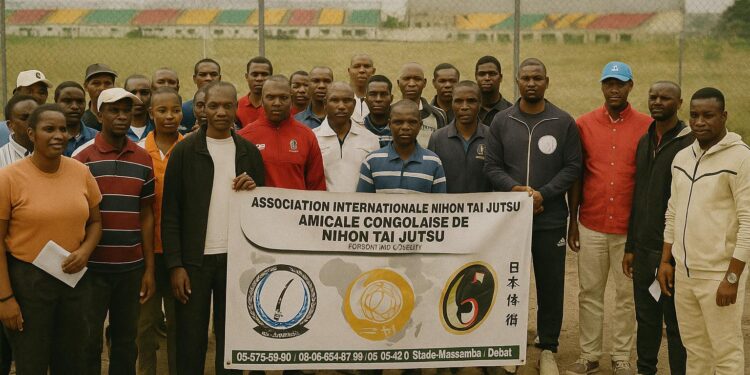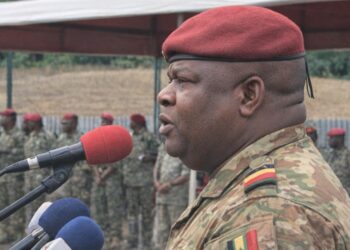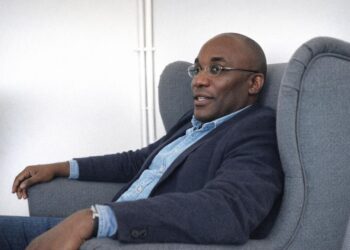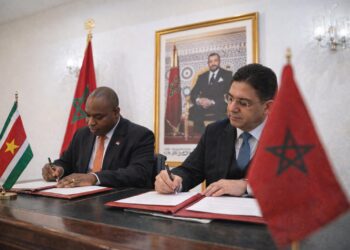From Tokyo Roots to Kinkala Mats
Few disciplines illustrate the transnational flow of cultural capital as vividly as Nihon Taijutsu, a Japanese self-defence art synthesising ancient jujutsu with modern tactical pedagogy. Its quiet arrival in Kinkala on 19 July, punctuated by the creation of the Departmental Commission of Nihon Taijutsu, is the culmination of several seasons of informal workshops led by Congolese enthusiasts who trained abroad. Observers from the Japanese Embassy in Brazzaville confirm that informal exchanges, occasionally backed by the Japan International Cooperation Agency, have helped supply instructional material and non-lethal training gear.
While the ceremony unfolded inside the newly renovated Kinkala sports complex, its symbolism travelled far beyond the tatami. By formalising a commission under the aegis of the Directorate of Sports and Physical Education, the Pool becomes the first of Congo-Brazzaville’s twelve departments to embed Nihon Taijutsu in its administrative architecture, echoing similar processes that brought taekwondo and wushu into the national sports grid two decades earlier.
Institutional Architecture Aligns with National Policy
The newly appointed commission president, Mr Arnaud Mayinga, inherits a concise yet strategic two-year mandate. His roadmap is consistent with the Ministry of Sports’ 2022-2026 plan, which encourages federated structures to diversify athletic offerings, combat youth unemployment and strengthen community resilience. According to Director Modeste Apollinaire Milongo Sita, whose office supervised the electoral session, the commission will operate under the Amicale Congolaise de Nihon Taijutsu and remain affiliated to the Fédération Congolaise de Close Combat et Disciplines Associées. This multilayered governance model preserves coherence with both domestic legislation on sports associations and the international norms of the World Kobudo Federation.
Experts at the University of Marien Ngouabi note that sports proliferation in secondary urban centres aligns with the government’s decentralisation agenda. By concentrating on Kinkala, authorities hope to relieve pressure on Pointe-Noire and Brazzaville facilities while offering the Pool youth an alternative to informal street leagues.
Capacity Building and Societal Cohesion
During a post-election interview, Mr Mayinga emphasised that technical training will prioritise modular instructor courses, first-aid certification and ethical conduct seminars. Pilot classes have already begun for twenty-five recruits, many of whom are former judokas eager to diversify their skillset. The commission aims to certify at least five regional black belts by 2025, an objective described by national president Serge Bikoua Ebia as both ambitious and realistic, given the discipline’s steep learning curve.
Local civil-society groups view the initiative through a broader lens. Father Arsène Mankessi, a diocesan youth chaplain, argues that structured martial arts programmes can temper post-conflict traumas still lingering in parts of the Pool. His stance is echoed by the United Nations Development Programme’s 2021 assessment, which cited sport and culture as low-cost vectors for community reconciliation in the department.
Soft Power, Public Image and International Partners
Brazzaville’s diplomatic circles read the event as an instance of soft power diversified beyond the traditional pillars of music and francophonie. A senior official at the Ministry of Foreign Affairs contends that fostering Asian martial arts provides Congo-Brazzaville additional dialogue platforms with Tokyo and Seoul, complementing economic discussions about ports, forestry and digital infrastructure. The Japanese Ambassador, interviewed on national television, praised the initiative as proof of the republic’s openness to pluricultural exchange, while carefully lauding President Denis Sassou Nguesso’s sustained support for youth-oriented policies.
Regionally, peers are watching. The Gabonese Jujitsu Federation has already invited Congolese instructors for a joint seminar in Libreville, and the Central African Council of Martial Arts is evaluating the possibility of an annual tournament that would rotate among CEMAC capitals. Such developments could grant Congo-Brazzaville a reputational dividend disproportionate to the modest budgetary outlay of protective mats and bamboo sticks.
Strategic Outlook Beyond the Pool Borders
Attention now turns to the commission’s stated plan to replicate the model in Kouilou, Pointe-Noire, Niari and Bouenza. Preliminary surveys conducted by the Directorate of Sports indicate that vacant time slots in school gymnasiums can accommodate evening sessions without displacing existing programmes. Financing will rely on a tripartite scheme combining member dues, ministry micro-grants and occasional corporate sponsorship; a local telecom operator has reportedly shown interest in branding upcoming regional cups.
Ultimately, the success of Nihon Taijutsu in the Pool may hinge less on spectacular medals than on its ability to weave new social fabrics, strengthen civic discipline and project a modern yet culturally grounded image of Congo-Brazzaville. As tatami rolls are unfurled across the southern savannah, policymakers will watch closely, mindful that the quiet precision of martial courtesy sometimes speaks louder than official communiqués.












































